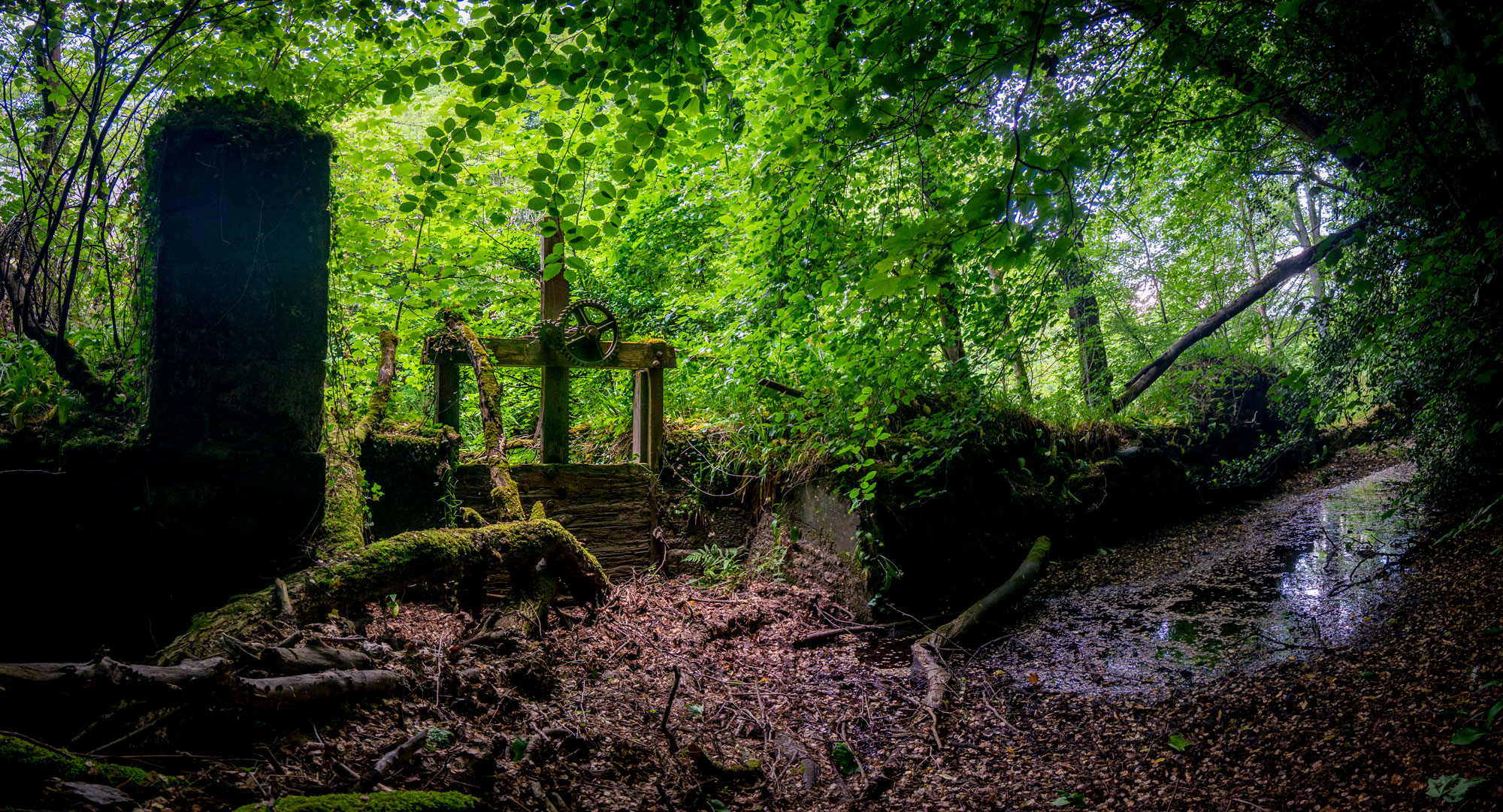
Members of the North UK Mills Group met online on the 29th May to share their perspectives on skills shortages in industrial heritage conservation and the efforts currently being made to alleviate this trend.
The well-attended meeting heard presentations from both Nick Graves and Peter Thompson of the Garlogie Beam Engine Trust and Jim Mitchell of Industrial Heritage Consulting, before moving on to group discussion.
Presentations
Nick and Peter walked the audience through the significant progress their entirely volunteer-run Trust has made in the last 18 months, including navigating the technical challenges of cleaning and conserving the all-important 19th-century beam engine in situ.
Jim also shared insights from the many projects he has worked on over the years, including his recent experience building and training a team in shipwrighting skills to undertake conservation work on the RRS Discovery in Dundee. He emphasised his belief in the importance of on-site training delivered by professionals, rather than relying on college-based courses. He also previewed plans to develop further immersive training opportunities in Scotland, including a potential future collaboration with the National Mining Museum.
Both presentations highlighted themes which featured heavily in the following group discussion.
Discussion
Many attendees echoed Jim’s comments on the importance of in-sector training, noting that when it comes to college courses there is the question of ‘Who trains the trainers?’. However, others also noted that current patterns of funding one-year traineeships can still fail to leave participants fully ready to work independently in the sector at their end.
Several attendees raised the need for more heritage technicians who can turn their hands to a diversity of projects, not just one specialist area. This would require training that provides a strong understanding of the wide variety of potential materials involved in industrial conservation, including familiarity with the impacts of different materials’ formation, treatment, and environmental conditions.
The group acknowledged, however, that a significant barrier to attracting and retaining trainees in the sector is the problem of wage incentives. Many young people are concerned with the cost of living and seeking immediate financial stability in their careers; meanwhile, wages in the heritage sector cannot compete with those available to engineers in the private sector.
As a response, attendees suggested that the heritage sector needs to emphasise what is unique to its career offer, which is primarily the fulfilment and life satisfaction that can come from skilled work on interesting passion projects. However, they also stressed that the sector’s pay hierarchies should be looked at to ensure that technicians are being paid fairly and recognised for their importance as members of staff. This is especially important as the group noted that many of these roles require a lot of travel, with resulting costs that further eat into wages.
Finally, the group also discussed the need to carefully balance their appreciation for the essential support volunteers provide at many sites – the Garlogie Beam Engine Trust are a prime example of highly skilled and dedicated volunteers – with an awareness that even the best-intentioned volunteers can inadvertently cause damage without specific expertise. This risk will only increase over time if the skills shortage in the sector is not addressed.
Future events
The North UK Mills Group’s future activities will continue to include discussions on this theme in recognition of its importance to the sector. The HES Skills Investment Plan highlights what is being done across Scotland to address these challenges.
The next online meeting of the North UK Mills Group will take place at 10am on 7th October 2025. The topic of discussion will be river restoration and water power. Booking is now open on Eventbrite.
An in-person gathering at Preston Mill (National Trust for Scotland), East Lothian, is also planned for this summer. Watch the North UK Mills Group page on the Heritage Network website for updates or contact samya@heritagenetwork.org.uk.
Image credit: Graeme Berry